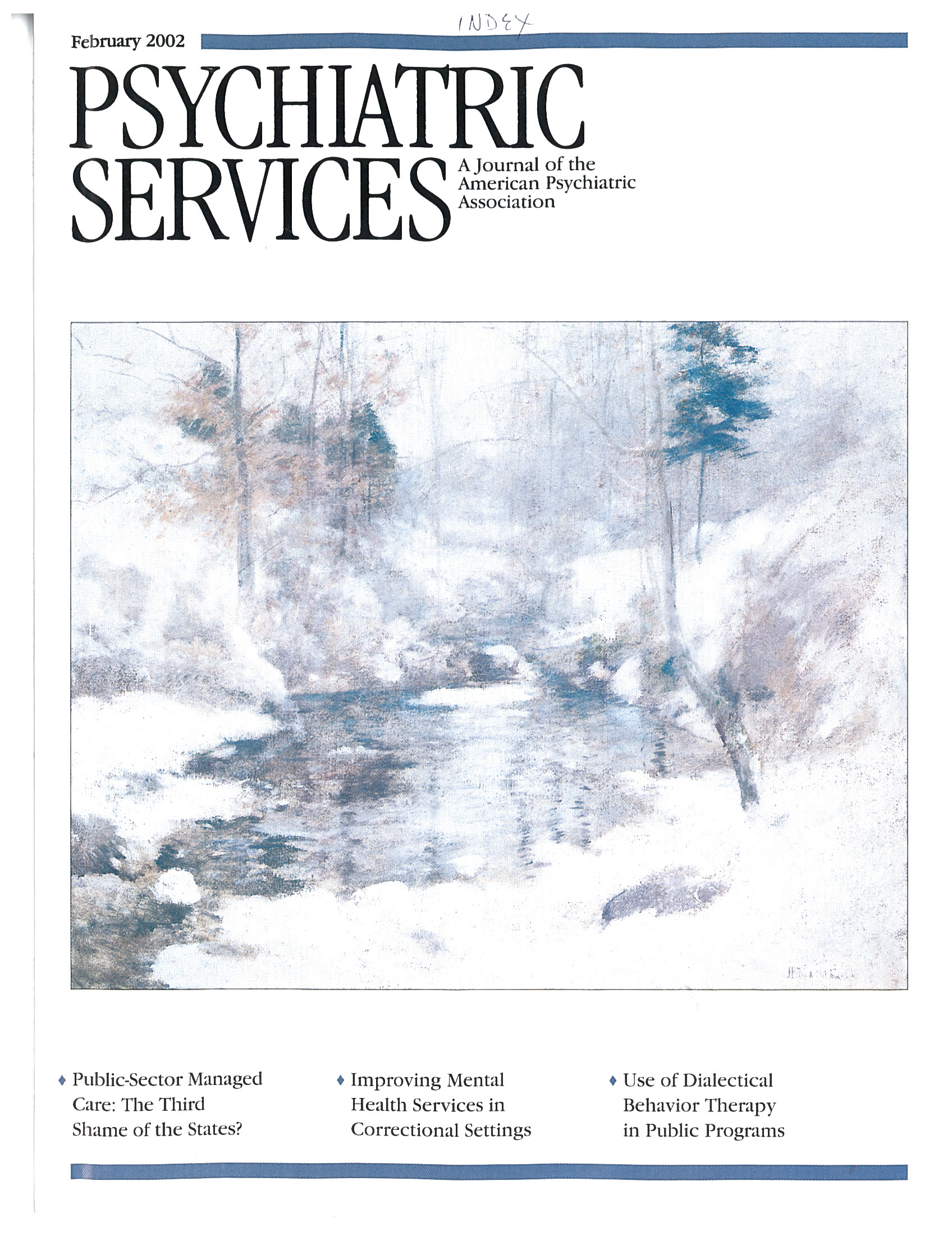Psychotherapy does not fare well in the world of evidence-based medicine. It is complex and notoriously difficult to measure meaningfully. Even the goals and end points of treatment are hard to pin down. Simplistic, symptom-based outcome measures miss the essence of the treatment approach. Applying the rigors of evidence-based medicine to an enterprise that is fundamentally humanistic and based on relationships is like mixing oil and water.
This slim volume tackles the challenge head-on by exhaustively addressing the nature of evidence and its application to the world of psychotherapy. The result is a thought-provoking text that strips away oversimplifications and misapplications of evidence-based medicine that threaten the field of psychotherapy.
Given the serious philosophical and technical issues covered, this book is not an easy read. However, good writing and a British perspective considerably lighten the burden. The book is a well-integrated collection of essays written from various viewpoints by psychotherapy researchers and practitioners in the United Kingdom. Lucid expositions of complex issues hold the reader's attention as the story unfolds.
Several aspects of the British point of view will capture the attention of U.S. readers. The politics and bureaucracy of psychotherapy under the National Health Service are glimpsed from time to time. Contributors show a healthy skepticism about DSM-IV's superficial, symptom-oriented categorization of mental illness, with its Band-Aid approach to accounting for the complexity of real-life disorders through the concept of comorbidity. These authors recognize that prevalent categorical, diagnosis-focused, narrow interpretations of evidence leave many studies of effective psychotherapy, particularly psychodynamic psychotherapy, out of consideration in evidence-based guidelines.
The contributors represent both psychodynamic and cognitive-behavioral fields of practice, but U.S. readers will find it refreshing to see much less of a divide between clinical and theoretical approaches in the United Kingdom than we are accustomed to in the United States. An essay on cognitive analytical psychotherapy bridges the gap nicely. For me, as a psychoanalyst who has found the American Psychiatric Association (APA) practice guidelines disquieting in their rigid application of evidence-based medicine to favor manual-based psychotherapies supported by highly circumscribed short-term studies over valuable, widely practiced psychotherapeutic approaches, this book was a breath of fresh air.
As the title suggests, Evidence in the Psychological Therapies is about evidence, not the current findings of research on psychotherapy. Early chapters stretch the reader's thinking about the nature of evidence. A fascinating explication of the historical development of concepts of evidence in jurisprudence is worth reading for its own sake.
The book includes a searching critique of randomized controlled trials—now viewed as the gold standard—and an essay on the single-case method in research. A chapter on working hypotheses in psychoanalytic psychotherapy is followed by one on hypothesis testing in cognitive-behavioral therapy.
The book ends with a discussion of practice-based evidence, which APA members will recognize as the Practice Research Network. The effect is to draw practitioners and researchers closer together in an effort to strengthen the true evidence base for psychotherapy.

